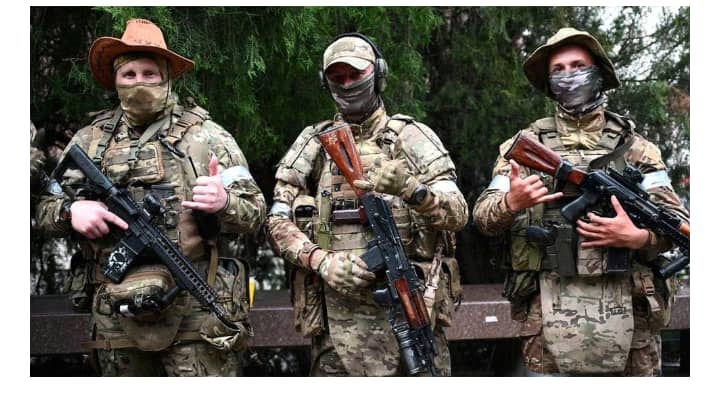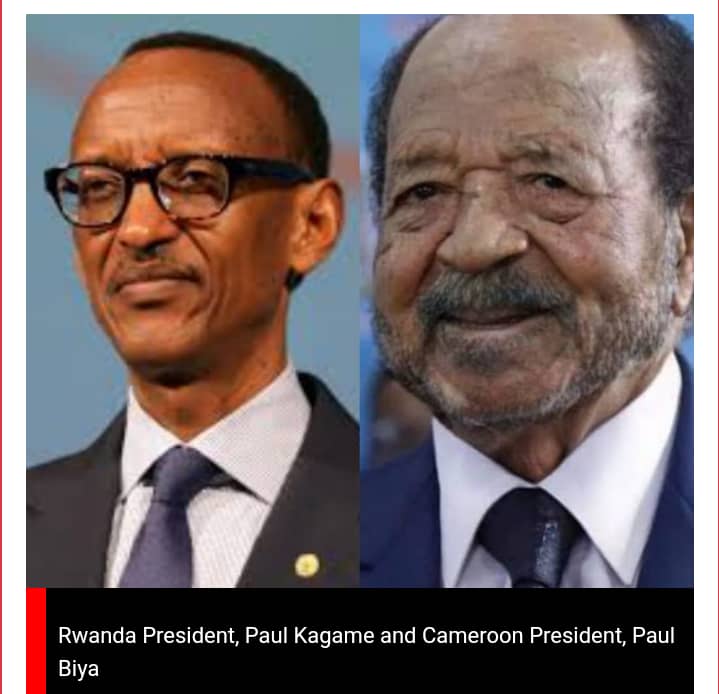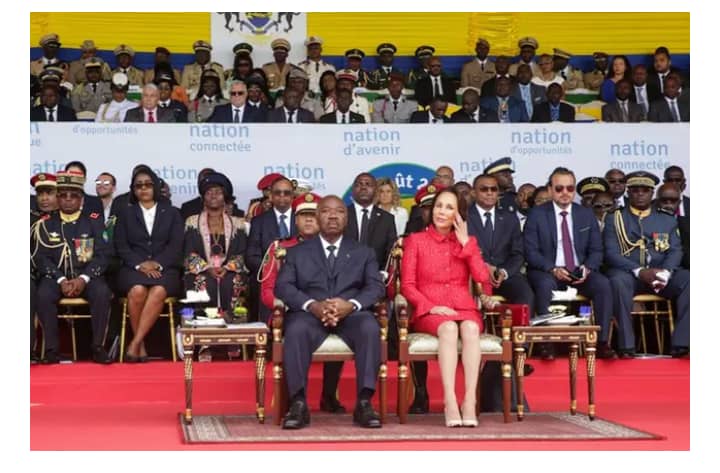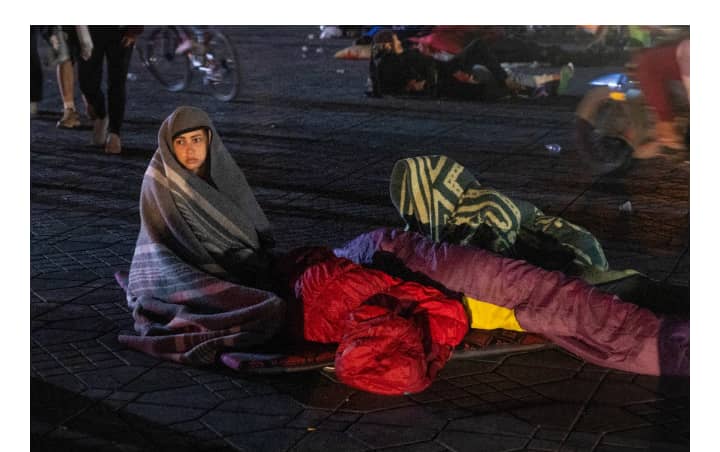Niger Allegedly Signs Military Agreement with Russian Wagner Mercenaries in Preparation for Potential ECOWAS Invasion
In a surprising turn of events, it has been reported that Niger has allegedly entered into a military contract with the infamous Russian private military company, Wagner, amidst growing concerns of a potential invasion by the Economic Community of West African States (ECOWAS). This controversial move has raised eyebrows and sparked intense speculation about the motives and implications behind such an agreement.
The decision to engage the services of Wagner mercenaries has undoubtedly sent shockwaves throughout the international community. Wagner, known for its involvement in various conflicts around the world, has often been accused of human rights abuses and operating outside the bounds of international law. The company’s presence in Niger has therefore raised serious questions about the country’s commitment to democratic values and the respect for human rights.
The reported motive behind Niger’s collaboration with Wagner lies in the anticipation of a possible ECOWAS invasion. ECOWAS, a regional organization comprising several West African nations, has been known to intervene militarily in response to political instability or threats to regional security. It is believed that Niger, fearing such an intervention, has sought the support of Wagner mercenaries to bolster its defense capabilities.
This development has sparked widespread concern among neighboring countries and international stakeholders. Many view Niger’s decision as a potential destabilizing factor in an already fragile region, where conflicts and political tensions are all too common. The involvement of a controversial private military company like Wagner only exacerbates these concerns, as it raises doubts about the long-term consequences and potential for further escalation.
Moreover, the reported military agreement with Wagner raises questions about Niger’s relationship with its regional partners. ECOWAS has been instrumental in promoting peace and stability in West Africa, and its intervention forces have played a crucial role in resolving conflicts and restoring order in several countries. By turning to a foreign private military company, Niger risks undermining the trust and cooperation it has fostered with its neighboring nations.
As the situation continues to unfold, it remains to be seen how Niger’s alleged collaboration with Wagner will impact regional dynamics and the broader security landscape in West Africa. The international community will undoubtedly closely monitor the developments and assess the implications of this controversial military agreement. In the meantime, concerns persist about the potential ramifications for human rights, regional stability, and the credibility of Niger as a responsible actor on the global stage.
In conclusion, Niger’s reported military contract with Wagner mercenaries in anticipation of a possible ECOWAS invasion has sparked significant controversy and raised concerns about regional stability and human rights. The decision to engage the services of a controversial private military company like Wagner has far-reaching implications and risks undermining Niger’s relationship with its regional partners. As events continue to unfold, the international community will closely watch the situation and assess the potential consequences of this agreement.








